Rx Pad
Managing Cardiac Arrest in Hyperbaric Treatment
Cardiac arrest is a rarity in the chamber, as most arrhythmias seem to improve under hyperbaric conditions. Anecdotally, it can be noted that one patient with a myocardial infarction, who was being treated with hyperbaric oxygen as part of a research study, suffered 30 cardiac arrests during the 48 hours he was being treated with the chamber. The schedule being followed called for two hours at pressure in the chamber followed by one hour on the surface. This cycle was repeated for two days. It can be seen that the patient spent only 1/3 of his time breathing air on the surface. During the study, the patient suffered 28 cardiac arrests while breathing air on the surface, but only two arrests while at pressure in the chamber. The patient eventually recovered and returned to work. (Thurston, J. Westminster Hosp, London, Personal Communication, 1973.)
In the multi-place chamber, CPR can be initiated immediately by the inside tender, and a full cardiac arrest code can be called. The resuscitation from cardiac arrest can be carried out in the chamber, including defibrillation, as long as certain precautions are taken. The availability of high partial pressures of oxygen may be of value in restarting the patient’s heart. It is probably better not to administer intracardiac drugs percutaneously. These drugs can normally be introduced intratracheally. Alternatively, if the cardiac arrest team does not wish to, or cannot, enter the chamber under pressure, the patient can be emergently decompressed to the surface and standard cardiac resuscitation carried out. Because of the number of people involved in the typical cardiac arrest code, it is probably the better part of valor to decompress the patient immediately and turn a hyperbaric emergency into a normobaric one. If cardiac arrest occurs in the monoplace chamber, the patient must be removed in order to proceed with cardiopulmonary resuscitation. The emergency button can be used, being sure that the patient is not trapping air. This is unlikely if the patient is indeed totally flaccid and unconscious. The patient can normally be removed from the chamber in less than a minute, but it must be remembered that in any case of hyperbaric cardiac arrest, the arrest will have occurred while that patient’s arterial pO2 was of the order of 1,200 mmHg or greater. Thus, there is a grace period of several minutes before CPR need be established. Once the patient has been removed from the chamber, standard cardiac resuscitative procedures can be used. In tests carried out by the author, when the chamber door is opened, the oxygen within the chamber has been demonstrated, to diffuse to the floor, as it is cold and heavier than ambient air. There is literally no rise in ambient oxygen at the level of the patient’s chest outside the chamber. Within 30 to 40 seconds, all of the oxygen issuing from the chamber will have dissipated in the room and will not be measurable. For this reason, defibrillation should carry no added risk of fire.
Reference: Excerpted with permission from the publisher, Best Publishing Company, from Hyperbaric Medicine Practice, 3rd Edition by Eric P. Kindwall, MD and Harry T. Whelan, MD. Copyright 2008. Find the current edition of the textbook here Hyperbaric Medicine Practice, 4th Edition
Learn More With These Resources
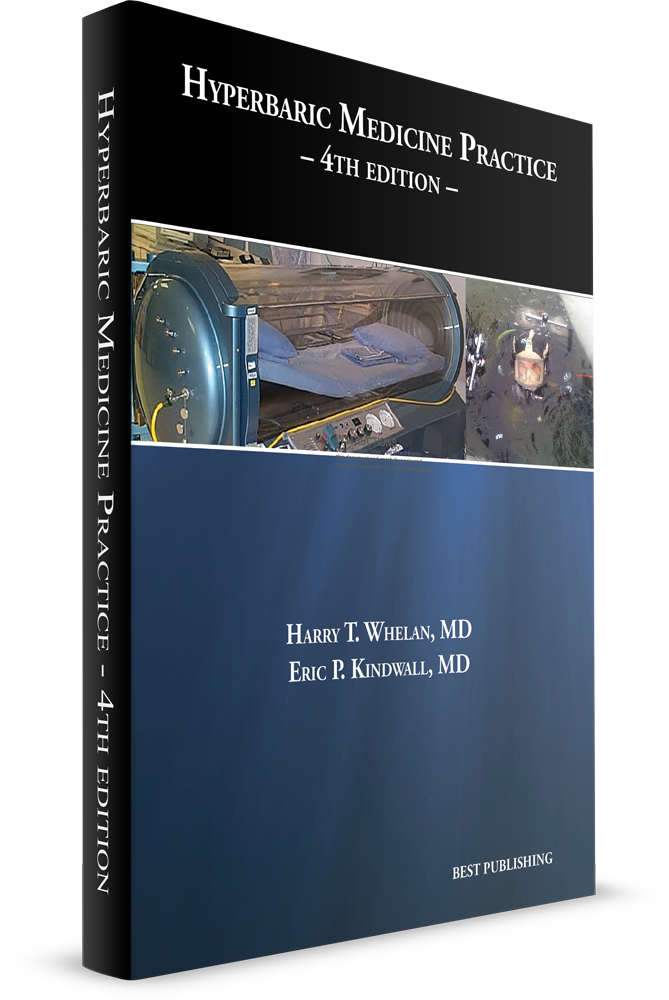 |
Hyperbaric Medicine Practice, 4th Edition (book) |
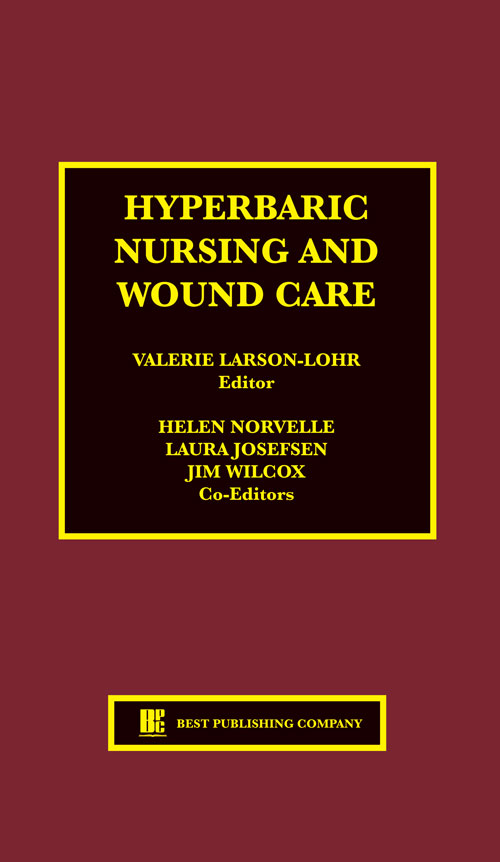 |
Hyperbaric Nursing and Wound Care (book) |
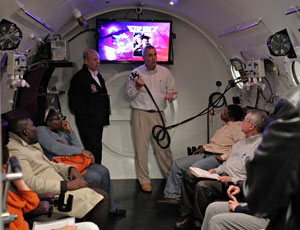 |
Introduction to Hyperbaric Medicine 40.0 hour credit course, basic training in hyperbaric medicine (live course) |
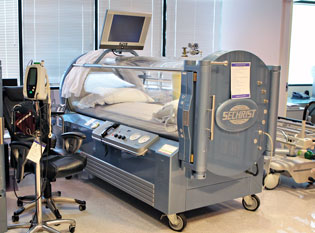 |
Fundamental Theories and Primary Practices in Hyperbaric Medicine (online course) |
When you subscribe to the blog, we will send you an e-mail when there are new updates on the site so you wouldn't miss them.
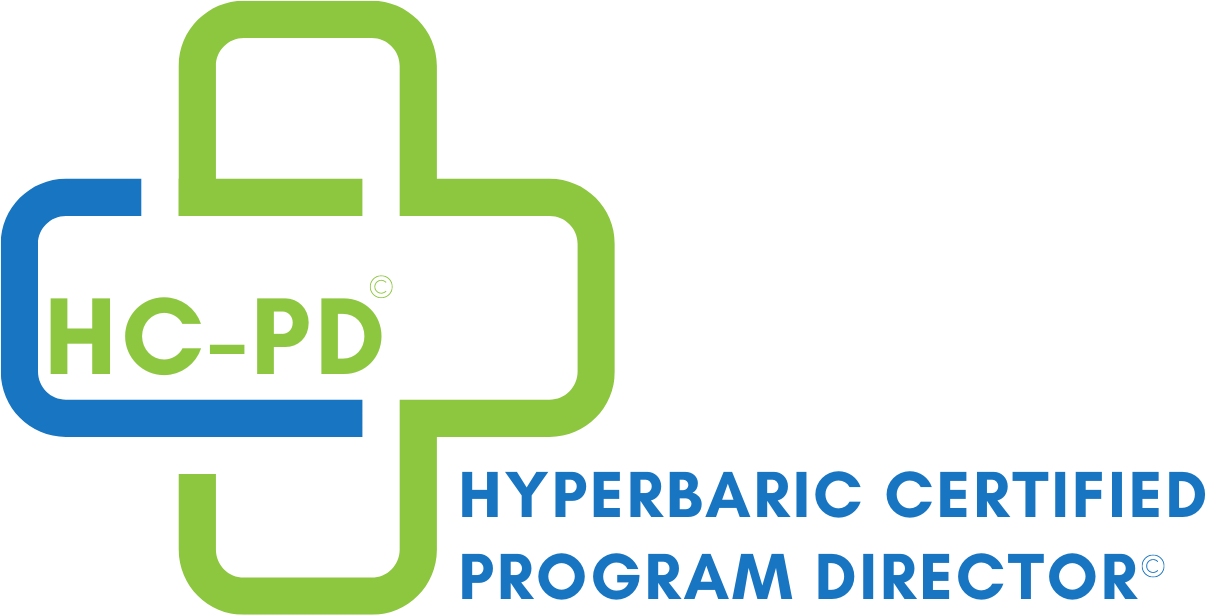
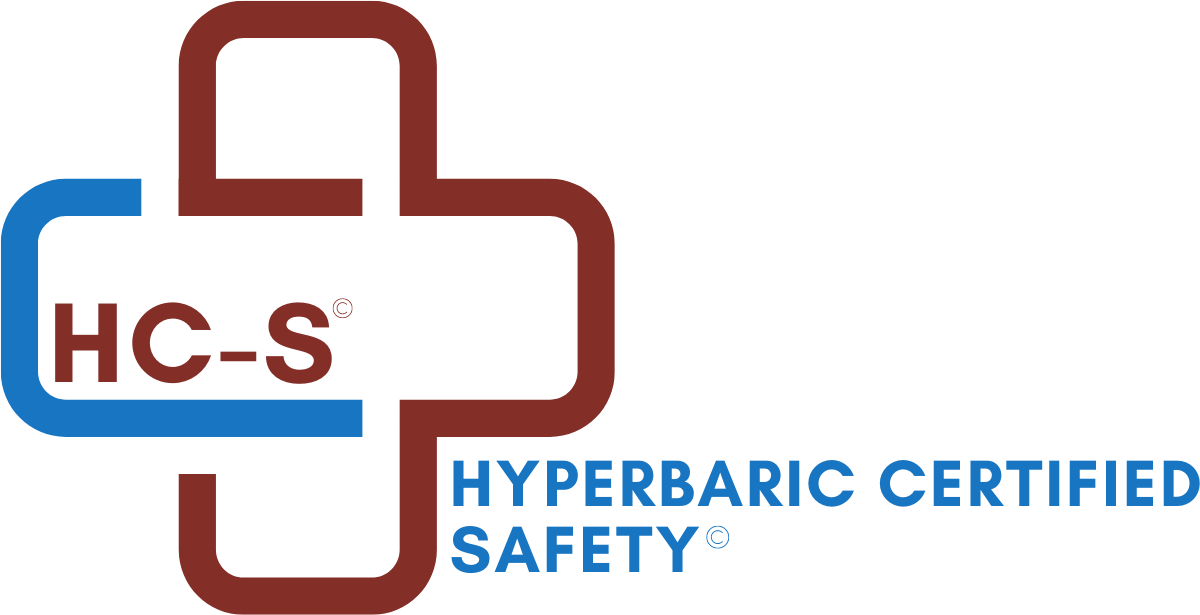
Comments